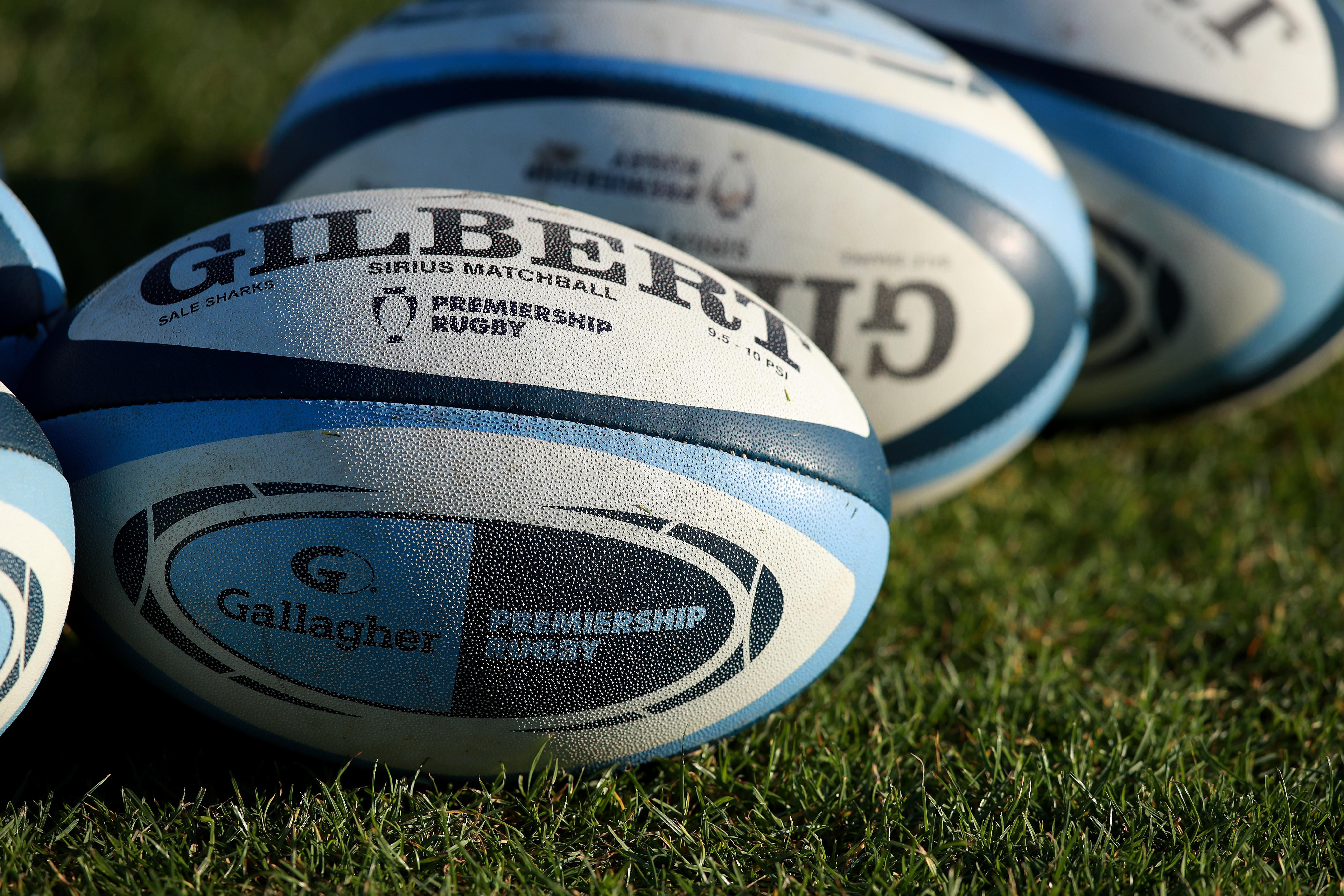Don’t Be Scammed!

Have you or a teammate been targeted by an online scam? Need advice on how best to avoid them? The RPA's specialist social media lawyer, Matt Himsworth is here to help. Smarter, creepier and now very carefully targeted
The traditional view of an online scam is a barely literate email landing in your inbox telling you that you’ve won a foreign lottery, are in need of Viagra or need to transfer some money to a friend or foreign dignitary who is in trouble. These are the types of scam that make most people wonder – who on earth falls for them? Scams nowadays though are becoming increasingly more sophisticated and, in our experience, very well targeted at individuals and institutions. There are even a few athlete specific scams we have seen.
Here are some highlights we think RPA members should be aware of.
The Charity Scam Recently a scammer set up impersonation accounts on Instagram and Facebook purporting to be a former sportsman. Not a household name, just a hard-working pro who had recently retired. Not the kind of person you’d expect to be targeted by fakers. These impersonation accounts followed former team-mates and others who had played against him. Then came the direct and group messages. The impersonator claimed (falsely) that the ex-player’s girlfriend had contracted terminal cancer and sought the help of the players in raising funds. We had the accounts closed down within 24 hours and the players who had been contacted were made aware that this was an impersonator and a scam. RPA members should never take a social media account for granted. Rugby players are regularly impersonated online. If a new account of a teammate or friend pops up then check with him or her first before taking their messages at face value.
The Tinder stranger One client of ours, a sportsman who had played in Australia, started to receive messages on Facebook from teenaged girls in Australia asking him why he had failed to turn up for dates arranged on Tinder. He doesn’t have a Tinder account and wanted to find out more. It seems that a former team-mate in Australia had used his image to set up a fake Facebook and Tinder account and had then used SnapChat to send a picture of his genitalia (the hoaxer’s, not our client’s) before suggesting dates. Our client was naturally aghast. This story does have a happy ending with the former teammate having to own up and send every girl he spoke to on Tinder a message confessing of his sins.
Matt Himsworth is available to offer advice to all RPA members on social media and media issues. If you are a victim of fake accounts, account hacking or have online security issues please give Matt a call on: 01727 800 237 http://www.himsworthslegal.com/














